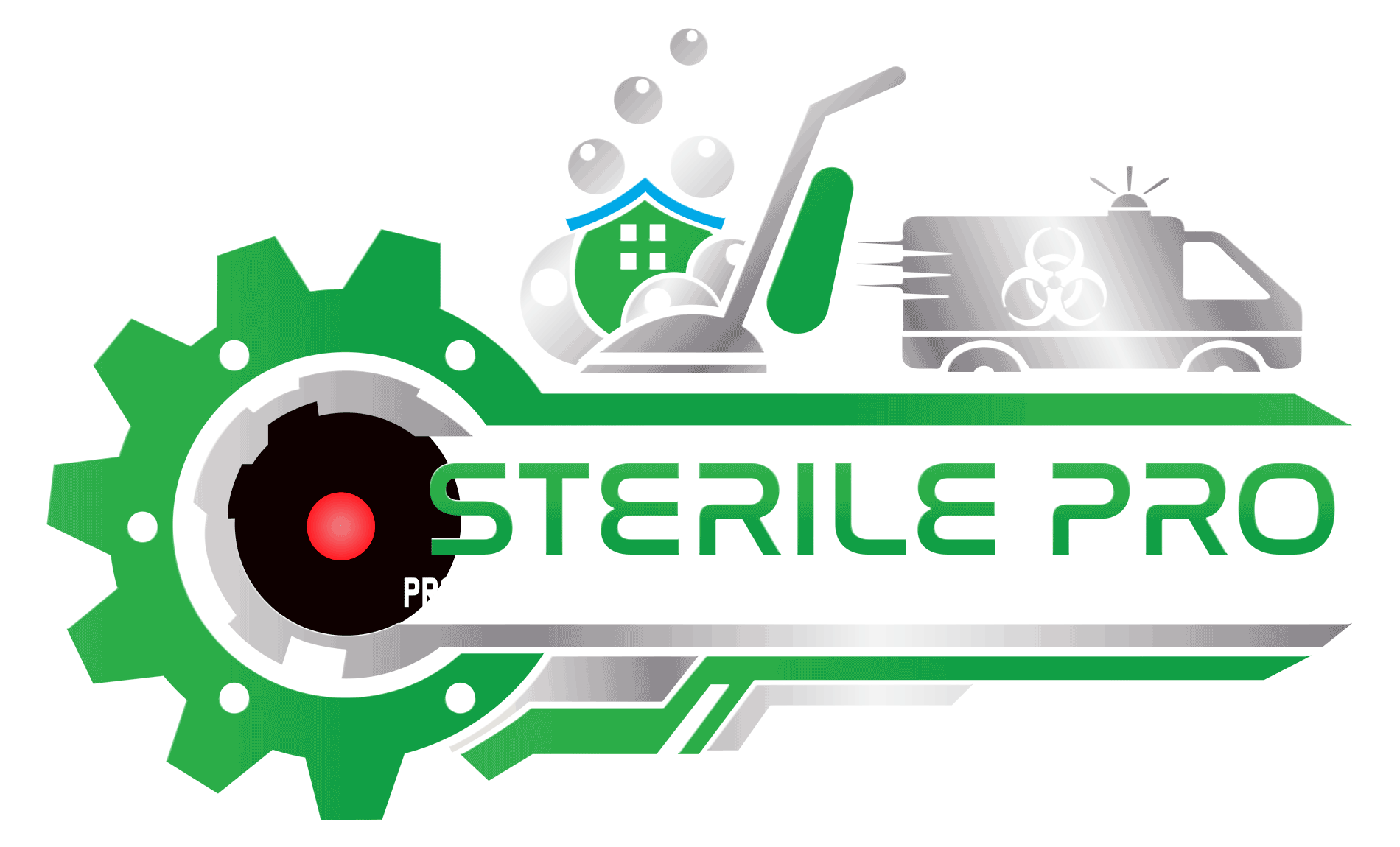Exploring the Future of the Sanitation Franchise Business Industry

Exploring the future of the sanitation franchise business industry unveils a dynamic landscape shaped by evolving consumer needs, technological advancements, and sustainability imperatives. As societies worldwide prioritize cleanliness and hygiene, the demand for professional sanitation services continues to escalate. This trend is not merely a response to recent global health crises but reflects a broader cultural shift towards maintaining safer, healthier environments in both residential and commercial settings.
At the heart of this industry’s evolution lies the concept of franchise models, which offer entrepreneurs a structured entry into the burgeoning sanitation sector. Franchising provides a proven business framework, operational support, and brand recognition, making it an attractive proposition for aspiring business owners looking to capitalize on a growing market. This approach not only mitigates the risks associated with independent ventures but also fosters scalability and profitability through established business practices and centralized marketing efforts.
Technological innovations further redefine the sanitation franchise landscape, introducing smart cleaning solutions, data-driven management systems, and eco-friendly practices. These advancements not only enhance service efficiency and customer satisfaction but also position franchise operators at the forefront of industry trends. Moreover, as environmental sustainability becomes a global imperative, sanitation franchises are increasingly adopting green practices, such as biodegradable cleaning products and energy-efficient equipment, aligning business growth with ecological responsibility.
Looking ahead, the sanitation franchise industry is poised for substantial growth, driven by ongoing urbanization, regulatory standards, and heightened awareness of health and safety. The future promises continued innovation, expanded service offerings, and diversified market penetration as franchise networks adapt to meet evolving consumer expectations and regulatory requirements.
In this transformative landscape, staying informed about emerging trends, embracing technological integration, and prioritizing sustainability will be pivotal for sanitation franchise businesses aiming to thrive amidst change and contribute meaningfully to healthier, cleaner communities.
The Evolution of Sanitation Franchise Models
The sanitation franchise business model has evolved significantly in recent years, driven by increasing demand for specialized cleaning services and the appeal of franchise opportunities. Franchising offers a structured pathway for entrepreneurs to enter the sanitation sector with established brand equity and operational frameworks. This approach not only reduces the inherent risks of starting a new business but also provides access to training, marketing support, and ongoing guidance from the franchisor. As a result, prospective franchisees are attracted to the scalability and proven success of established sanitation brands, making it a mutually beneficial arrangement for franchisors and franchisees alike.
Market Demand and Consumer Trends
The demand for sanitation franchise services continues to surge, propelled by heightened awareness of hygiene standards and the importance of clean, safe environments. Residential customers increasingly seek professional cleaning solutions that ensure thorough disinfection and sanitization, especially in the wake of global health crises. Similarly, businesses across various industries prioritize cleanliness to safeguard employee health and maintain operational continuity. This widespread demand underscores the resilience and growth potential of the sanitation franchise industry, positioning it as a pivotal player in the broader cleaning services market.
Technological Advancements in Sanitation Services
Technological innovations have revolutionized the sanitation franchise landscape, enhancing operational efficiency, service quality, and customer satisfaction. Automated cleaning equipment, IoT (Internet of Things) integration, and data-driven analytics enable franchise operators to streamline workflows, optimize resource allocation, and deliver consistent cleaning results. Smart cleaning solutions equipped with sensors and AI algorithms not only improve service accuracy but also enable proactive maintenance and predictive cleaning schedules. Moreover, digital platforms facilitate real-time communication, scheduling, and feedback management, fostering enhanced transparency and responsiveness in service delivery.
The Role of Sustainability in Franchise Operations
Sustainability has emerged as a critical consideration for sanitation franchise businesses, driven by environmental consciousness and regulatory pressures. Franchise brands increasingly adopt eco-friendly practices and green cleaning solutions to minimize environmental impact and meet evolving consumer preferences. Biodegradable cleaning products, energy-efficient equipment, and water-saving technologies not only reduce operational costs but also position franchises as responsible stewards of the environment. By integrating sustainability into their business practices, franchise operators can attract eco-conscious customers, differentiate their brand in the market, and contribute positively to environmental preservation efforts.
Challenges and Opportunities in the Sanitation Franchise Sector
Despite its promising outlook, the sanitation franchise industry faces several challenges that necessitate strategic adaptation and innovation. Market competition, pricing pressures, and fluctuating economic conditions can impact profitability and growth trajectories for franchise operators. Additionally, maintaining consistent service quality, adhering to regulatory standards, and addressing evolving customer expectations require ongoing investment in training, technology upgrades, and operational efficiencies. However, these challenges also present opportunities for differentiation through specialized services, niche market targeting, and innovative business models that cater to emerging trends in sanitation and hygiene.
Future Outlook and Growth Potential
Looking ahead, the sanitation franchise industry is poised for robust growth fueled by increasing urbanization, stringent cleanliness standards, and heightened awareness of health and safety. Franchise brands that innovate, adapt to technological advancements, and prioritize sustainability are likely to thrive in this evolving landscape. Expansion opportunities in untapped markets, diversification of service offerings, and strategic partnerships can further accelerate growth and market penetration for sanitation franchise businesses. By staying agile, responsive to market dynamics, and proactive in embracing industry trends, franchise operators can position themselves as leaders in the sanitation services sector while delivering value-driven solutions to a diverse customer base.
Conclusion
In conclusion, the sanitation franchise business industry represents a dynamic and lucrative opportunity for entrepreneurs seeking to capitalize on growing demand for professional cleaning and hygiene services. Through franchising, businesses can leverage established brand equity, operational expertise, and technological innovations to meet evolving consumer needs effectively. By integrating sustainability practices, embracing technological advancements, and navigating market challenges strategically, sanitation franchise operators can not only achieve sustainable growth but also contribute positively to public health and environmental sustainability efforts. As the industry continues to evolve, staying abreast of emerging trends and seizing opportunities for innovation will be key to maximizing success and maintaining competitive advantage in the sanitation franchise market.
The sanitation franchise business industry offers a promising pathway for entrepreneurs to thrive amidst increasing demand for cleanliness and hygiene solutions. By focusing on innovation, sustainability, and market responsiveness, franchise operators can secure their position in a growing market while delivering value-driven services to diverse clientele. Embracing these principles will be pivotal in navigating future challenges and seizing opportunities for continued success and expansion.
“For more information please click on this link“



